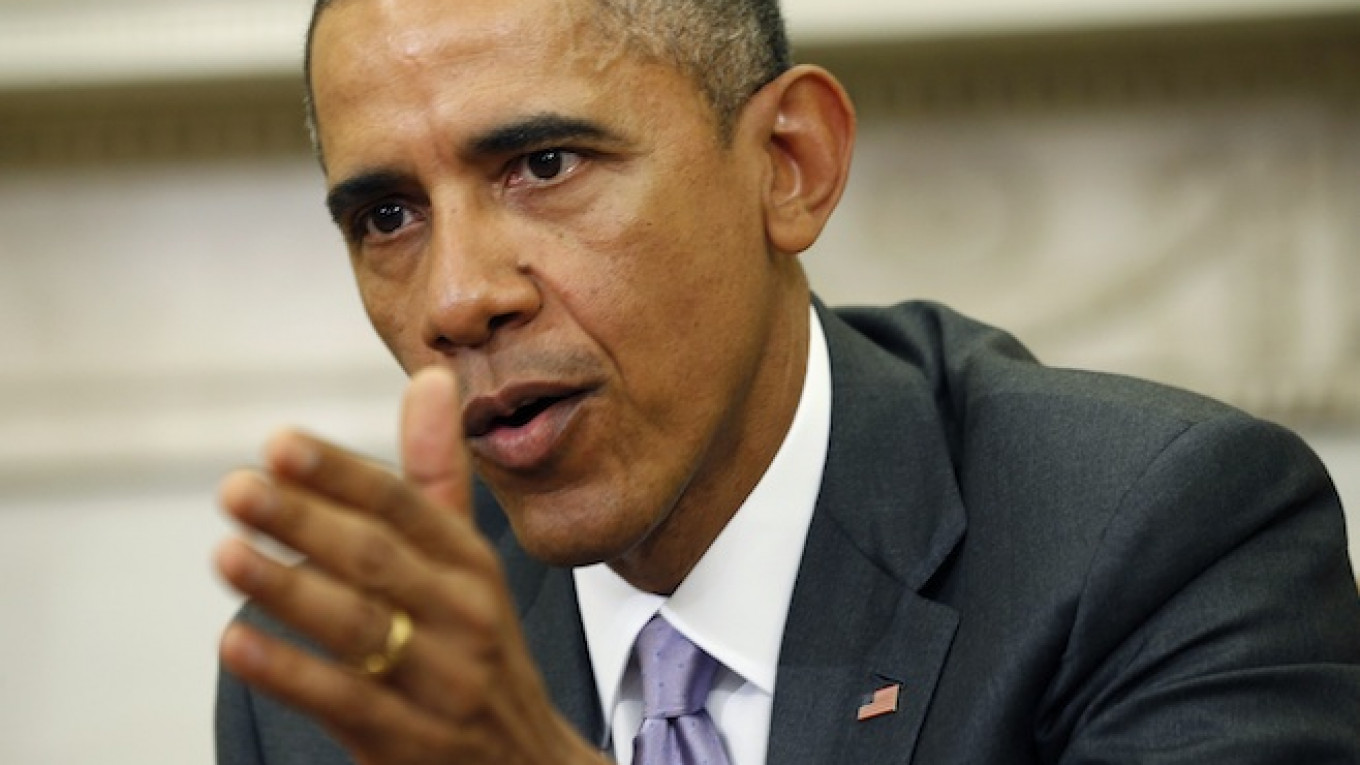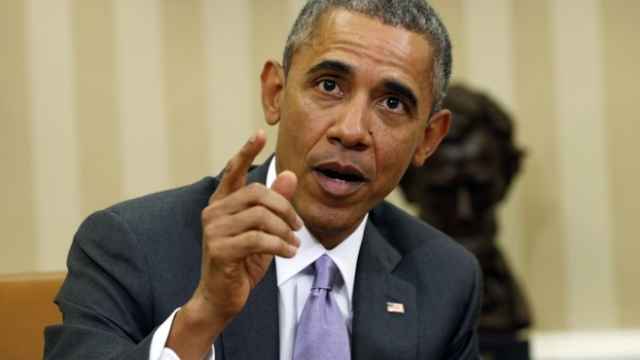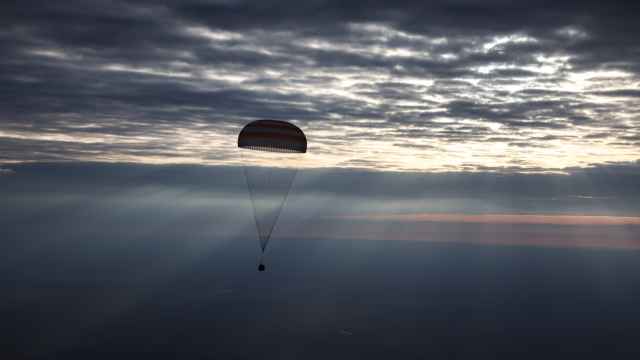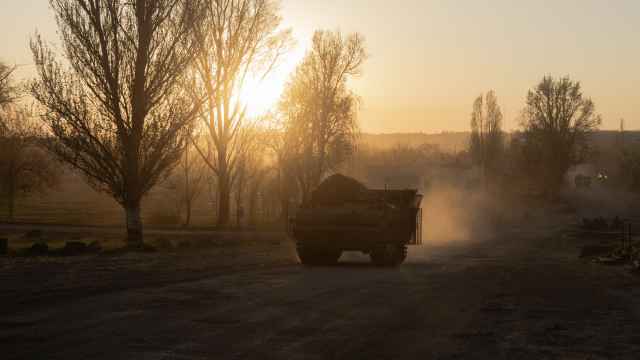WASHINGTON — U.S. President Barack Obama and European leaders have warned Russia that they are ready to step up sanctions if there are further violations of a cease-fire agreement in Ukraine, officials said.
The threats came in statements issued on Tuesday after a video conference that brought together Obama and the leaders of Britain, France, Germany and Italy, as well as the head of the European Council.
The virtual meeting took place amid continuing violence in Ukraine despite the two-week-old cease-fire accord reached in Minsk.
White House spokesman Josh Earnest said Obama used the call to condemn Russia for not following through on its agreements.
"It was an opportunity … for the president to condemn the continuing failure of Russia and the separatists it backs to abide by the commitments to which they agreed," Earnest said.
The top U.S. military officer, Joint Chiefs of Staff Chairman Martin Dempsey, told a Senate hearing on Tuesday the United States should "absolutely" consider providing lethal weapons to Ukraine.
He acknowledged that Russia could take Ukraine if it wanted. But Dempsey said the United States should look for opportunities to level the playing field between Ukrainian forces and Russia-backed separatists, in the unlikely event "the Russians are actually telling the truth" when they deny aiding their sympathizers in Ukraine.
Obama and the European leaders agreed that a major breach of the cease-fire pact would make a "strong reaction from the international community" necessary, the office of French President Francois Hollande said in a statement.
"Leaders will be ready to decide on further sanctions if the Minsk agreements are further violated," said a European Union statement that was echoed by one from German Chancellor Angela Merkel's spokesman.
The French statement also said the parties wanted to bolster the resources of monitors from the Organization for Security and Co-operation in Europe (OSCE), a European rights and security watchdog.
European leaders on Monday said they agreed that the OSCE needed a broader role as observers of the cease-fire and removal of weapons.
On Tuesday, Kiev announced its highest casualty toll in several days, with three Ukrainian servicemen dead and nine wounded.
Later this week, Ukraine's parliament is expected to back Ukrainian President Petro Poroshenko's request for international peacekeepers to monitor the conflict. That idea, however, has faced a chilly reception in Europe.
A Message from The Moscow Times:
Dear readers,
We are facing unprecedented challenges. Russia's Prosecutor General's Office has designated The Moscow Times as an "undesirable" organization, criminalizing our work and putting our staff at risk of prosecution. This follows our earlier unjust labeling as a "foreign agent."
These actions are direct attempts to silence independent journalism in Russia. The authorities claim our work "discredits the decisions of the Russian leadership." We see things differently: we strive to provide accurate, unbiased reporting on Russia.
We, the journalists of The Moscow Times, refuse to be silenced. But to continue our work, we need your help.
Your support, no matter how small, makes a world of difference. If you can, please support us monthly starting from just $2. It's quick to set up, and every contribution makes a significant impact.
By supporting The Moscow Times, you're defending open, independent journalism in the face of repression. Thank you for standing with us.
Remind me later.






